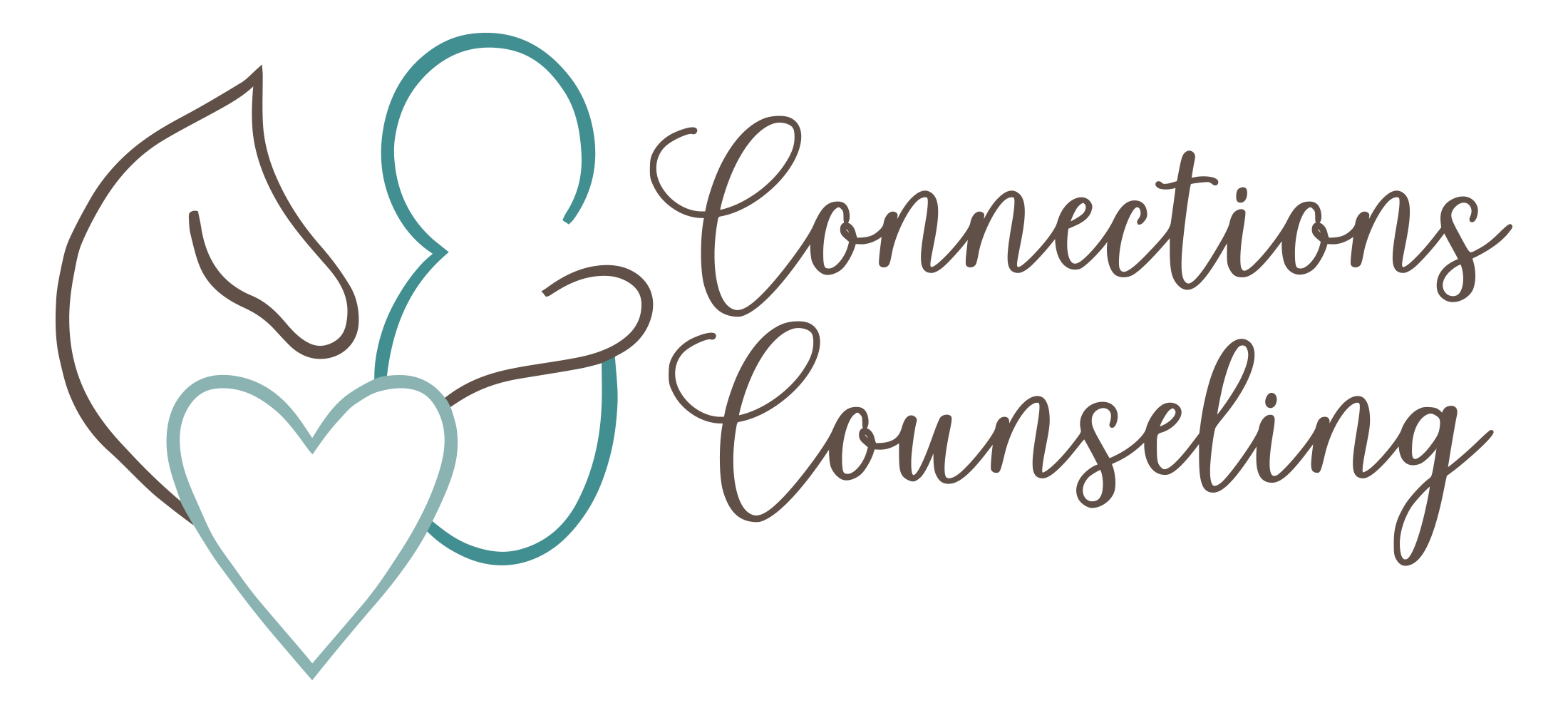Healing Trauma: The Transformative Power of Therapy
Trauma is more than just an emotional wound—it affects every aspect of a person’s well-being, from mental health to physical health and relationships. Whether caused by childhood adversity, sudden loss, abuse, or a life-altering event, trauma can leave deep scars that persist for years. However, the good news is that therapy can help rewire the brain, reduce distress, and restore a sense of safety and control.
At Connections Counseling, we specialize in guiding individuals through their healing journey with evidence-based therapeutic approaches. Understanding the science behind trauma and the available treatment options is crucial to regaining balance and moving toward a healthier, more fulfilling life.
How Trauma Affects the Brain and Body
Trauma isn’t just a psychological condition; it alters brain structure and function. Studies from the National Institute of Mental Health (NIMH) (NIMH) indicate that trauma can lead to:
- Hyperactivity of the Amygdala – This fear-processing center becomes overactive, resulting in anxiety, hypervigilance, and exaggerated stress responses.
- Hippocampal Shrinkage – The hippocampus, responsible for processing memories and distinguishing past from present threats, shrinks, making it harder to regulate emotions.
- Prefrontal Cortex Suppression – This area governs reasoning and emotional regulation, but in trauma survivors, it weakens, making it difficult to process emotions rationally.
- Physical Symptoms – Trauma can lead to chronic pain, digestive issues, headaches, and increased risk of heart disease due to prolonged stress responses.
Addressing trauma isn’t just about coping with emotions—it’s about reprogramming the brain to respond differently to stressors.
Top Therapeutic Approaches for Trauma Recovery
1. Cognitive Behavioral Therapy (CBT)
CBT is one of the most researched and effective treatments for trauma and PTSD. Studies show that CBT can reduce trauma symptoms by 50-60% (American Psychological Association). It helps by:
- Reframing negative thoughts and breaking self-destructive cycles.
- Teaching coping mechanisms to handle triggers in a healthier way.
- Reducing fear responses through exposure therapy techniques.
2. Eye Movement Desensitization and Reprocessing (EMDR)
EMDR is an innovative, structured therapy that helps individuals process trauma in a way that removes its emotional weight. Research shows that over 80% of PTSD patients see significant symptom reduction after EMDR therapy (EMDR Institute).
This method involves guided eye movements while recalling traumatic memories, which allows the brain to reprocess distressing experiences in a way that reduces their emotional impact.
3. Somatic Therapy: Healing the Body’s Trauma Response
Trauma isn’t just stored in the mind—it’s stored in the body as well. Somatic therapy focuses on physical sensations and body-based healing methods, such as deep breathing, movement exercises, and mindfulness. This therapy helps individuals:
- Release stored trauma that manifests as chronic pain or tension.
- Reconnect with their body and reduce dissociation.
- Develop greater emotional regulation through physical grounding techniques.
4. Group Therapy and Support Networks
Humans heal best in connection with others. Group therapy provides a sense of belonging and reduces isolation, which is common among trauma survivors. Studies show that peer support improves emotional recovery and reduces PTSD symptoms significantly (National Center for PTSD).
At Connections Counseling, we integrate these therapies into customized treatment plans tailored to each individual’s needs. We believe that healing trauma isn’t just about talking—it’s about transforming the mind, body, and soul for lasting recovery.
Steps You Can Take to Begin Healing Today
If you or a loved one is struggling with the effects of trauma, there are steps you can take to begin the healing journey:
- Seek Professional Help – Trauma therapy works best with a licensed professional who understands evidence-based healing methods.
- Practice Mindfulness and Grounding Techniques – Daily mindfulness practices can help regulate emotions and reduce anxiety.
- Stay Physically Active – Exercise releases endorphins that help balance mood and stress responses.
- Connect with a Support System – Trusted friends, family, or support groups can offer encouragement and validation.
- Prioritize Self-Care – Sleep, nutrition, and self-compassion are critical components of recovery.
Final Thoughts
Trauma can feel overwhelming, but it doesn’t have to define you. With the right therapeutic support, the brain and body can heal, allowing individuals to regain control of their lives and find peace again. If you or someone you love is struggling with trauma, Connections Counseling is here to help.
Healing is possible—and it starts with the first step toward recovery.


Hi, this is a comment.
To get started with moderating, editing, and deleting comments, please visit the Comments screen in the dashboard.
Commenter avatars come from Gravatar.